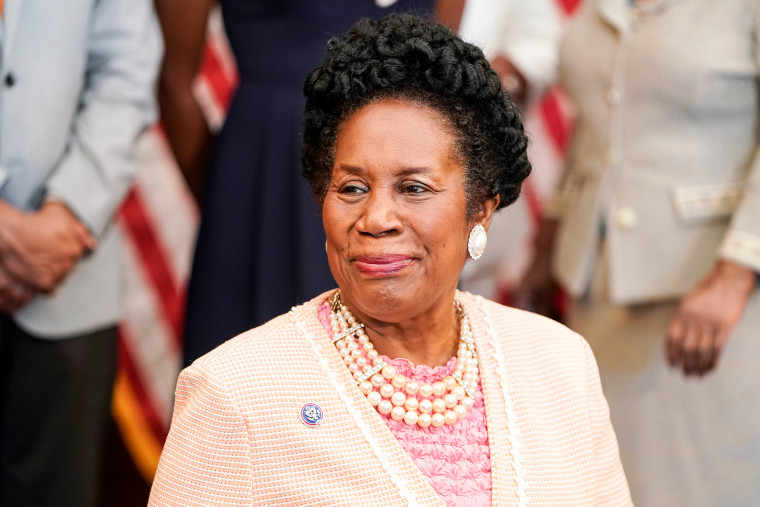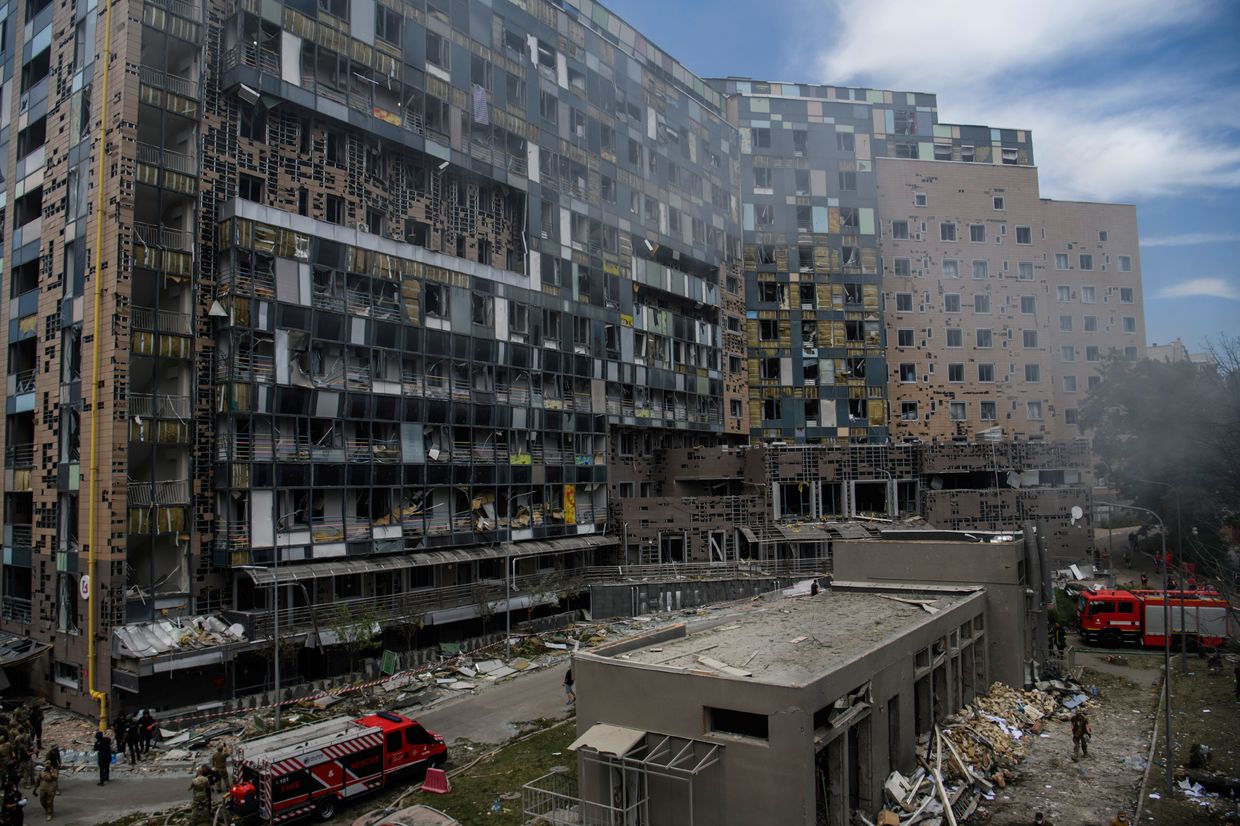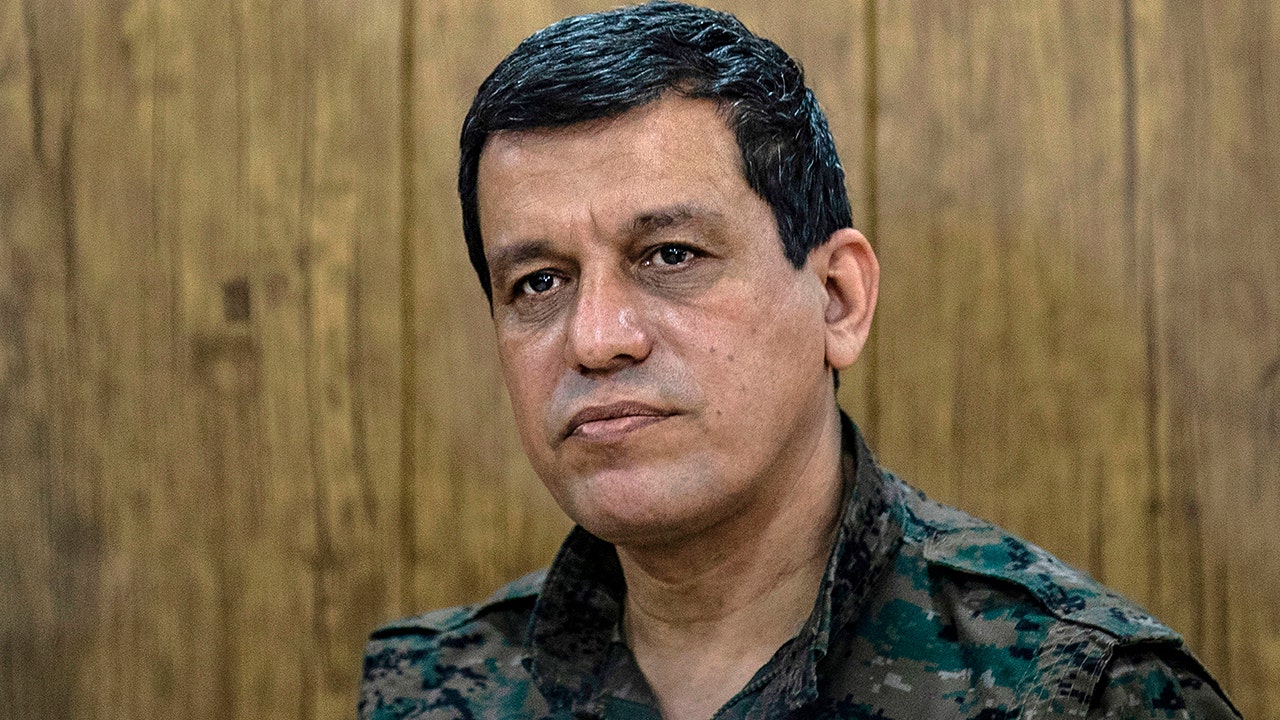New Jersey lawmakers are reiterating their formal concerns about New York City’s plan to start charging “congestion fees” when motorists enter Manhattan’s central business district, including from the New Jersey side of the Hudson River.
The state Senate on Monday approved a resolution expressing its opposition to a plan to make New York the first in the nation to implement what is commonly known as congestion pricing.
The Senate resolution also calls on the Federal Highway Administration to provide New Jersey stakeholders with input into the decision-making process as a toll proposal designed to reduce traffic and improve air quality in Manhattan’s central business district awaits final approval.
Although the resolution is only symbolic in nature, copies of it have been sent to a number of key government officials. They include the governor of New York, the mayor of New York, the chairman and chief executive officer of the Metropolitan Transportation Authority and the secretary of the US Department of Transportation, according to the resolution.
Last month, a similar resolution was approved by the New Jersey Assembly by a 72-0 vote.
New Jersey drivers could pay double tolls
Sponsors in both chambers have raised concerns about the fairness of the toll plan, which could force some New Jersey motorists to pay additional tolls on top of those charged on bridges and tunnels connecting the two states.
“This resolution urges federal officials to include New Jersey in the planning process so that we have a voice in the decisions that affect our drivers and a voice in how any revenue generated by the congestion pricing plan can be used.” said Sen. Patrick Diegnan (D-Middlesex), the resolution’s lead sponsor.
While details have yet to be determined, the goal of the congestion pricing initiative, according to a lengthy environmental assessment released in August, is to reduce traffic and emissions in the Manhattan area south of 60th Street.
The tolling plan — officially called the Central Business District Tolling Program — also calls for more than $1 billion in new revenue to be collected annually. The revenue will be used to fund planned improvements to transportation infrastructure, including the New York City subway system.
An environmental assessment of the road collection initiative was required by the federal government as part of the formal planning process. But it was a state law passed in New York in 2019 that initially authorized congestion pricing. Final decisions, including fees, will be made by New York City.
Under the various scenarios covered in the environmental assessment, the proposed car tolls would range from $5 to $23, depending on the hour of travel.
Tolls will be charged to motorists entering the business district using the E-ZPass electronic tolling system, and anyone without an E-ZPass will be billed by mail using the address associated with their vehicle registration, according to the Office New York Metropolitan Transportation Authority, which recently held a series of public hearings on the plan and took written comments.
Loans for New Jersey drivers?
For New York motorists, the initiative could force some to start paying tolls to enter Manhattan, which now does so for free. For New Jersey motorists, among the alternatives included in the environmental assessment were options that would have provided various forms of credits to those who already pay tolls on the George Washington Bridge or the Holland or Lincoln Tunnels.
For the thousands of New Jersey residents who take public transit to New York City, supporters of the plan said the proposed investment in subways and buses could solve longstanding safety and reliability concerns. Reducing congestion can also improve air quality for those who live and work in a designated business district.
But New Jersey lawmakers have come out to protect motorists who will be forced to pay twice to get to work and other responsibilities in the central business district if full credits are not granted, including those who regularly use the George Washington Bridge, which is outside the central business district.
The Resolution of the Senate also raises concerns about how the toll plan would disrupt the tradition of transportation officials from both states working together on major transportation initiatives, including through the Port Authority of New York and New Jersey. It also notes that under current plans, all revenue generated from congestion pricing would go to the MTA alone, with no revenue earmarked for New Jersey Transit or improvements to the Port Authority’s PATH train system, even though both agencies may have to to accept more riders after charging the toll.
“For more than a century, the two states have jointly made decisions through the Port Authority with the ultimate goal of doing what is best for the two states and the region, which makes it surprising that New York, in conjunction with New York State and the FHWA, was authorized to implement a pricing plan congestion that has the potential to significantly impact New Jersey residents and undermine the two states’ long history of collaborative efforts in transportation, infrastructure and economic development,” according to the resolution that was voted on.














